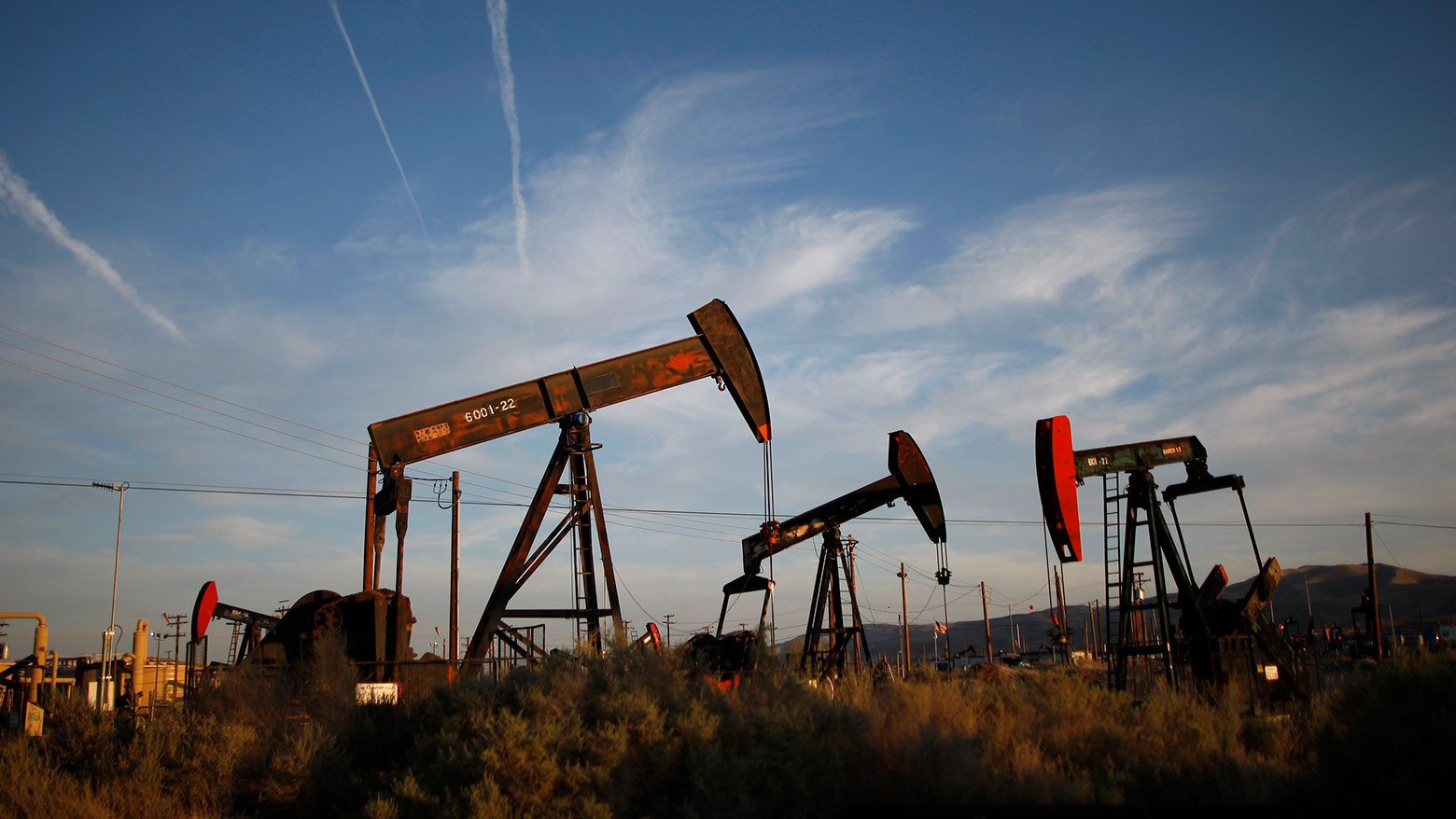US energy policy at crossroads
When it comes to energy policies, the debate often comes down to a single conundrum: how to create an industry that generates jobs without causing too much damage to the environment.
For President Donald Trump, the answer is, at least in part, “the shale revolution and a tremendous surge in American energy production.”
He has repeatedly used “we frack” as a catchphrase on the campaign trail, encouraging a sector that has helped establish the US as one of the world's biggest oil and natural gas exporters.
The hydraulic fracturing process for extracting natural gas and oil by breaking up layers of shale rock is, according to Trump, creating jobs, safeguarding the environment and keeping energy prices low.
Japan's KUREHA Corporation has been enjoying the fruits of shale development since 2012. Better known as the nation's leading manufacturer of kitchen wraps, the company produces “frac plugs,” which are central to the fracking process.
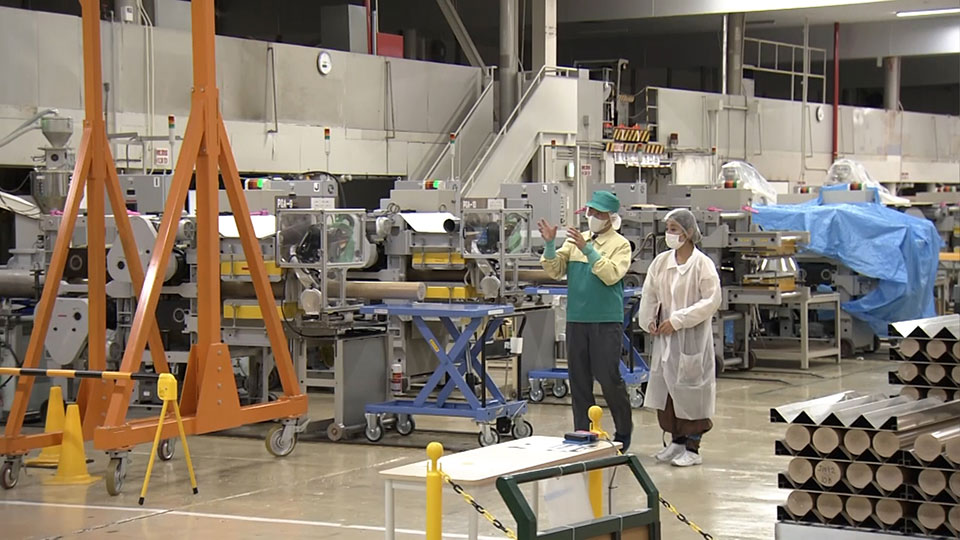
The business expanded throughout the US before Trump's presidency, but his pro-shale policies helped KUREHA market its products to drillers. The plugs are made from polyglycolic acid, or PGA, a biodegradable thermoplastic that oil producers can leave underground when they finish drilling.
Already affected by the coronavirus pandemic and recent drops in oil prices, the company is now anticipating there could be more change. While Democrat Joe Biden has taken pains to say he is not outright against fracking, his firm push for renewable energy has been a scare for the resource industry.
Biden walks a fine line, attempting to accommodate the established and politically powerful energy industry and promote a transition to clean energy.
During the last presidential debate on October 22, Trump demanded to know if Biden would “close down the oil industry.”
The Democrat had a firm response: “I would transition from the oil industry, yes.”
He later clarified the statement, saying it was only about federal subsidies. But companies like KUREHA heard him and got the message that they should brace for tighter regulations.
KUREHA's Senior Vice President and Chief Technical Officer Sato Michihiro told NHK World that the shale industry in the US has become too big to halt operations completely. But, he added, the company “plans to continue making even better products,” in line with changes to the business climate.
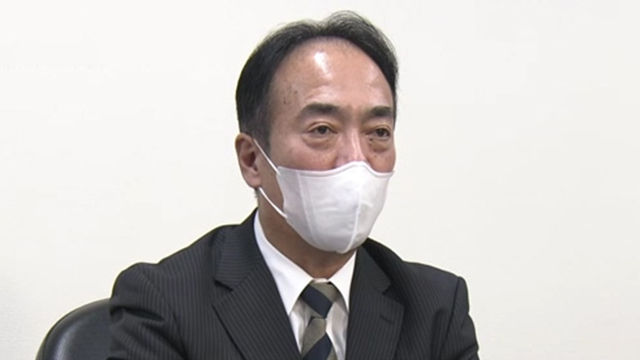
Carbon emissions policy hits automakers
Another Japanese firm is watching the campaign rhetoric, especially surrounding the future of clean energy.
For decades, Odawara Engineering in Matsuda Town, Kanagawa Prefecture, has made winding machines for motors in home electronics, including power tools.
But, electric cars brought the company into the fast lane.
The firm tapped into the market just as demand rose in Europe and Asia and its product is now in many electric or hybrid vehicles on American roads.
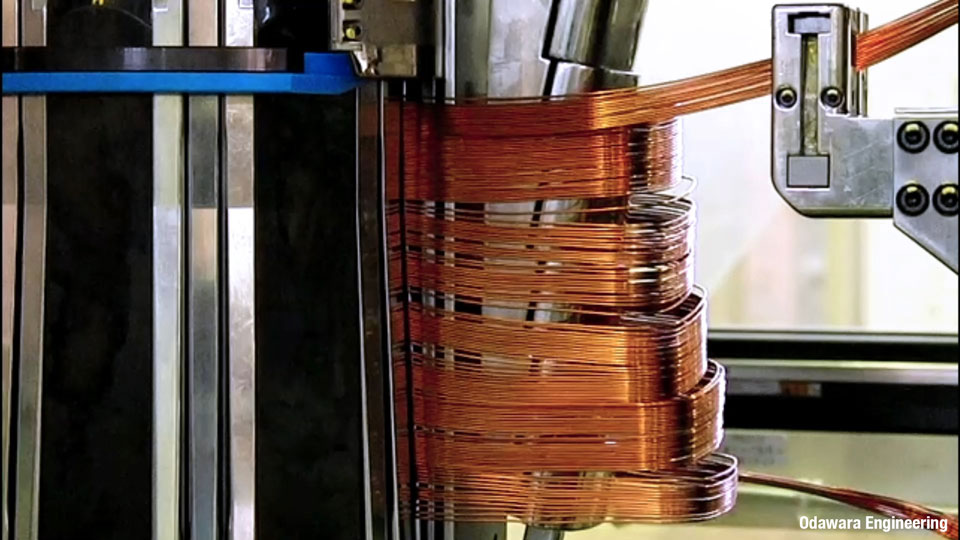
Biden's plans for clean energy and transportation have been a driving force in his campaign, pledging $600 billion for infrastructure. The incentive covers expanding a network of charging stations for electric vehicles.
Just like KUREHA, Odawara has set its sights on expansion. The company built a new plant in Japan last year, and hopes to establish production lines in the US.
Odawara Engineering President Miyawaki Noburo says his company is ready for a surge in demand for next-generation vehicles eventually. He plans to localize production in Ohio to “develop a solid supply chain” and increase its market presence.
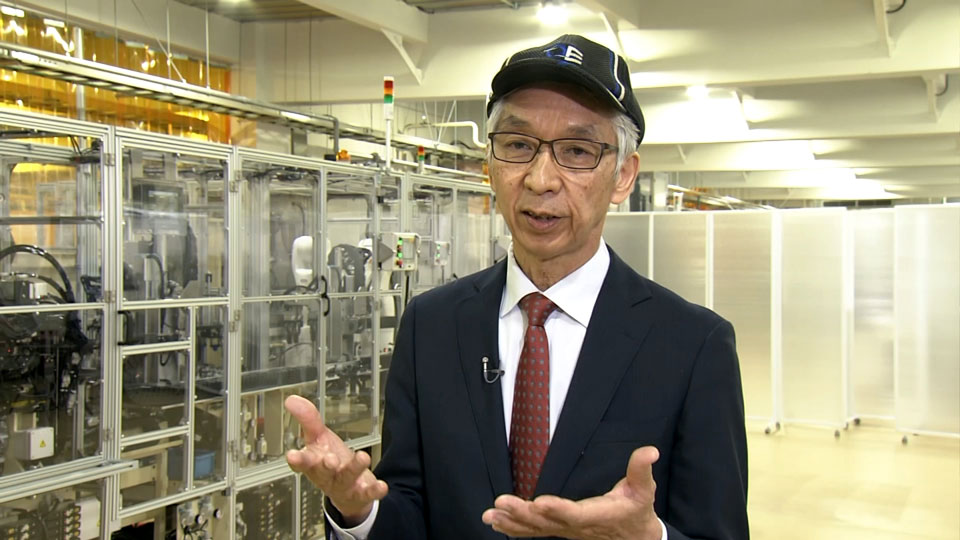
Neither company would say if it hopes for a particular election outcome, but it's clear both will be closely watching the result to see how it could affect corporate strategies moving forward.
